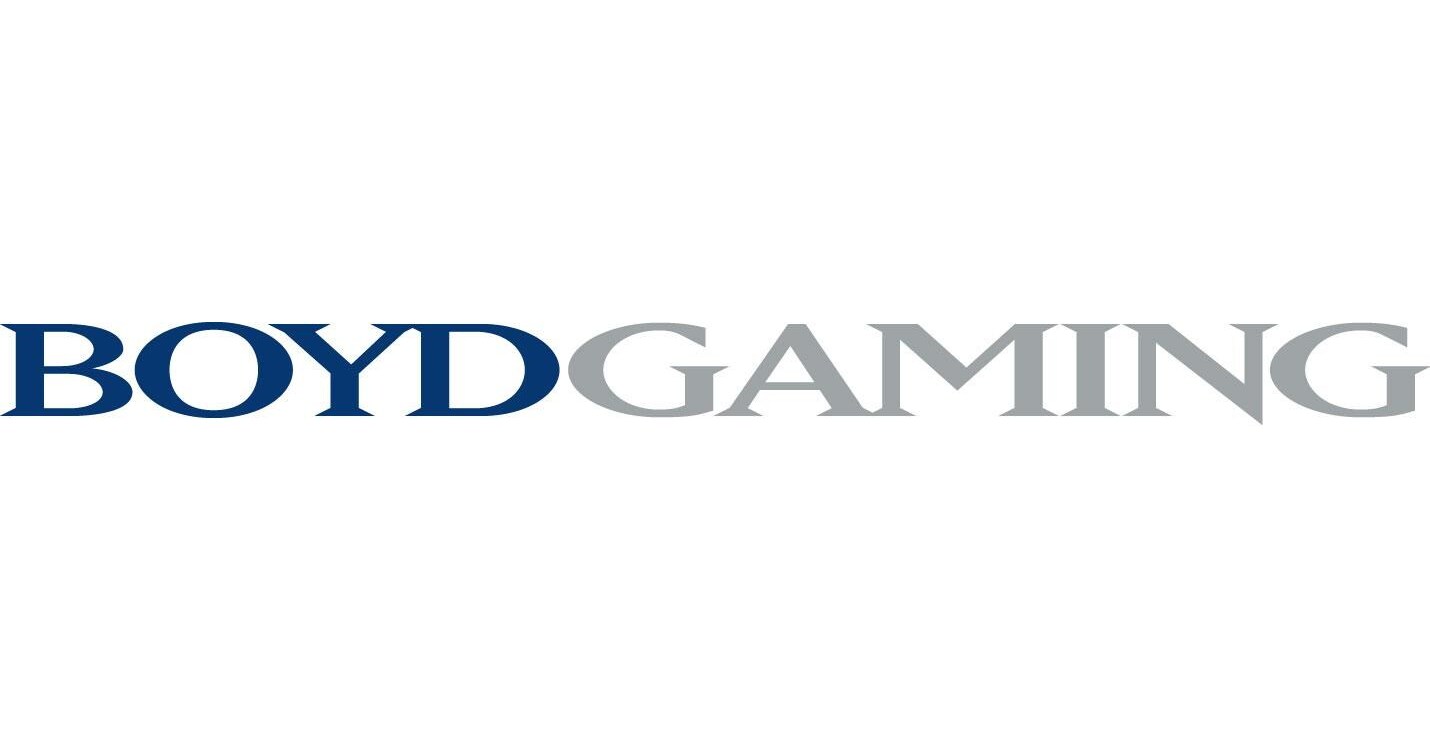During the final stages of the homebuying process, the buyer will find themselves responsible for paying several fees that are lumped into the closing costs. These costs will cover many services and processes that occurred between the time of placing an offer on the home and closing on the home. This includes administrative costs, the cost of the home inspection, prepaid interest and more. The closing costs are paid at the time of closing on the home when the home is officially transferred from the seller to the buyer.
What Are Closing Costs?
Closing costs are the expenses a buyer should expect to pay alongside the purchase price when buying a house. Many expenses are lumped into the total closing costs, including administrative costs, interest payments and more. Some closing costs are covered by the seller of the property, and buyers can try to negotiate some of the costs with their lender and the seller.
Why It Is Important to Understand Closing Costs
It’s important for anyone who is considering purchasing a home to understand closing costs. Closing costs are a sizable expense that potential homebuyers should be saving for in addition to saving for the down payment of a home. If a buyer cannot pay the closing costs on their closing date, the transfer of the property will be delayed. Researching and understanding closing costs ahead of time can also allow buyers to look into grant programs that may be able to offset some or all of their closing costs.
Types of Closing Costs
Closing costs encompass a variety of fees involved in the final stages of purchasing a home. By becoming familiar with the types of closing costs, buyers can know what to expect and make a financial plan. Below are the most common types of closing costs buyers can expect to see.
Appraisal Fee
Appraisals are required by mortgage lenders to determine the value of the home the borrower is looking to buy. The mortgage lender will typically arrange the appraisal with a professional appraiser within their work, but the appraisal fee is generally paid for by the borrower/buyer of the home.
The cost of an appraisal can range based on the type of home — an appraisal for a single-family home will cost less than one for a multifamily home, for example. The average range for a home appraisal can be anywhere from $600 to $2,000.
Credit Report Fee
A credit report fee is a relatively small fee that buyers can expect to pay to their lender. Lenders use this fee to cover the cost of pulling the borrower’s credit report from the major credit bureaus. Credit report fees are usually less than $50.
Origination Fee
The origination fee is what lenders charge for the administrative work that goes on behind the scenes of the mortgage application and closing process. Buyers can expect to pay somewhere between 0.5% and 1% of the loan amount to the lender to cover the loan origination fee.
Title Search and Insurance Fees
One of the lesser-thought-about aspects of the closing process is the title search. This is a search of public records related to the property that is being purchased to confirm that the seller is the rightful owner of the property. The search will also find out whether any claims or liens on the property could impact the purchase of the home. Title insurance protects homebuyers from past issues, such as the previous owner’s debts, liens or other claims of ownership.
The buyer of a home will pay for the title search, which typically ranges from $75 to $200. They’ll also pay for title insurance, which is usually 0.5% to 1% of the home’s purchase price.
Home Inspection Fee
The home inspection is a crucial part of the home-buying process. The homebuyer will select a professional home inspector and set up a time for the inspector to come to the home to look for any serious issues with the construction of the home. Buyers can expect to pay $300 or more for a home inspection, depending on the size of the home.
Survey Fee
A land survey is designed to determine the property lines and features of the property that is being purchased. It is not always a standard part of the homebuying process, but the buyer can request and purchase one. The cost of a land survey depends on the size of the property, but typically it can range from $500 to $1,000.
Attorney Fees
In some states, buyers are legally required to have a real estate attorney help with the legal aspects of a home purchase. Even if it’s not, it’s a good idea to hire an experienced attorney to ensure that the process goes smoothly. Buyers pay for the attorney’s services, and the cost can vary based on the attorney’s pricing structure. Some attorneys charge a fixed fee that can start at $500, while others might charge an hourly rate that can start at $150.
Recording Fees
Recording fees are small fees that cover the cost of registering the deed and mortgage documents with local and state governments. Buyers pay for this as part of the closing costs, and the cost typically ranges from $100 to $150.
Escrow Fees
Buyers also have to consider the costs of paying an escrow company for its services, including the exchange of paperwork and funds between the buyer, seller and lender. The escrow fee is usually a percentage of the home’s purchase price, like many other closing cost fees. Typically, the cost is 1% of the purchase price and is split between the buyer and the seller.
Pest Inspection Fee
In some cases, buyers may want to arrange a pest inspection for the home they are planning to purchase. During a pest inspection, a professional will conduct a thorough search of the home to look for signs of pests such as termites as well as opportunities for pests to invade the home.
In most cases, the buyer will pay for a pest inspection. Depending on the type of inspection, a pest inspection can cost anywhere from $100 to $500.
Homeowners Insurance
Homeowners insurance is crucial for homebuyers to consider. It covers the cost of damages and liability claims in circumstances that are covered by the insurance company. Most mortgage lenders require proof of homeowners insurance before a buyer can close on a home. The cost of homeowners insurance varies based on several factors, including coverage amounts and the value of the home. On average, buyers can expect to pay $1,312 per year for $250,000 in coverage.
Prepaid Property Taxes
When closing on a home, buyers often prepay property taxes for the remainder of the year by putting the money into an escrow account. The cost can vary greatly depending on the property taxes for the home, but buyers can typically expect to pay at least $1,000 in prepaid property taxes as part of the closing costs.
Prepaid Interest
Another prepaid cost that buyers can expect is the mortgage interest. Each lender will determine the amount of prepaid interest they expect as part of the closing costs.
Mortgage Insurance Premium (MIP)
This cost is charged to most buyers who pay less than 20% as a down payment on the home. It is also a common requirement of Federal Housing Administration (FHA) loans. This is an expense that buyers pay to mortgage lenders to help lenders lower the risk of funding the mortgage. The cost of an MIP varies but is generally between 0.45% and 1.05% of the mortgage loan amount.
Homeowners Association (HOA) Fees
Some buyers may be purchasing a home that is part of a homeowners association, an organization that handles the management of a residential community. HOAs set rules and regulations for the community’s residents as part of its management strategy and in exchange, charge an HOA fee. HOA fees are typically charged monthly and can be anywhere from $100 to $1,000 per month.
Home Warranty
Buyers have the option to purchase a home warranty, which can cover repairs or replacements of major systems and appliances within a specified period. These typically cost anywhere from $300 to $1,500 per year.
3 Factors Influencing Closing Costs
Every homebuyer’s closing costs will be different. This is because every fee that is part of the total closing costs can be influenced by a variety of outside factors.
1. Property Price and Loan Amount
Many closing costs are equal to a percentage of the purchase price of the property, so the higher the property price, the higher that cost will be. Some closing costs are equal to the mortgage loan amount, so the higher the loan amount, the higher those costs will be.
2. Location and Property Type
Location is a main determining factor for many costs, and closing costs are no exception. When it comes to hiring professionals for appraisals, inspections, land surveys and more, the going rate of the region will impact the cost of the service. Property types and the size of the property can also impact some of these costs.
3. Lender Requirements and Interest Rates
Each mortgage lender sets its requirements, and some lenders may require more inspections and other services than others, which can increase the total closing costs. The interest rate of the mortgage can also impact some areas of the closing costs, such as the prepaid interest.
4 Ways to Reduce Closing Costs
Closing costs can be a huge financial headache for many homebuyers who are already facing a future of mortgage payments and home maintenance costs. To offset the costs as much as possible, buyers should become familiar with some ways they may be able to reduce their closing costs.
1. Shop Around
Prospective homebuyers should research and compare lenders for many reasons, and saving money on closing costs is one of them. Buyers can find out which inspections each lender requires and look at other costs set by the lender, including the origination fee. Some buyers might also consider trying to negotiate fees with a lender or look for a lender with a no-closing-cost mortgage.
2. Maximize Assistance Programs
Several types of grants, programs and other assistance options are available to homebuyers. Anyone who is in the market should research their options to find out whether they qualify for any programs that can help cover some or all of the closing costs.
3. Request Seller Concessions or Credits
It’s not always possible, but in some cases, a buyer may be able to have some of the closing costs covered by the seller. It’s important to consider the market and the conditions in which the home is being sold. Some sellers may be willing to cover some closing costs to reassure the buyer and help ensure a quick closing process.
4. Time the Closing
Some buyers may want to consider scheduling the closing in a strategic way to help minimize the closing costs as much as possible. For example, if a closing occurs at the end of the month, it can reduce the amount of prepaid interest that a buyer must pay as part of the closing costs.
Know Your Closing Costs
Closing costs should always be kept in mind, even when prospective homebuyers are just beginning to seriously look at houses. Once an offer is accepted, the process can feel like it’s moving at warp speed. Understanding closing costs can help prospective buyers know what to expect and feel better prepared when it comes time to make an offer on a home.
Frequently Asked Questions
A
On average, buyers can expect to pay between 2% and 6% of their mortgage loan amount in closing costs.
A
Online closing cost calculators can be a useful tool to get an estimate of how much you can expect to pay in closing costs. Lenders may also be able to help provide an estimate of closing costs.
A
In some cases, it is possible to waive some closing costs. Buyers can employ strategies such as negotiating and using assistance programs to make this possible.







